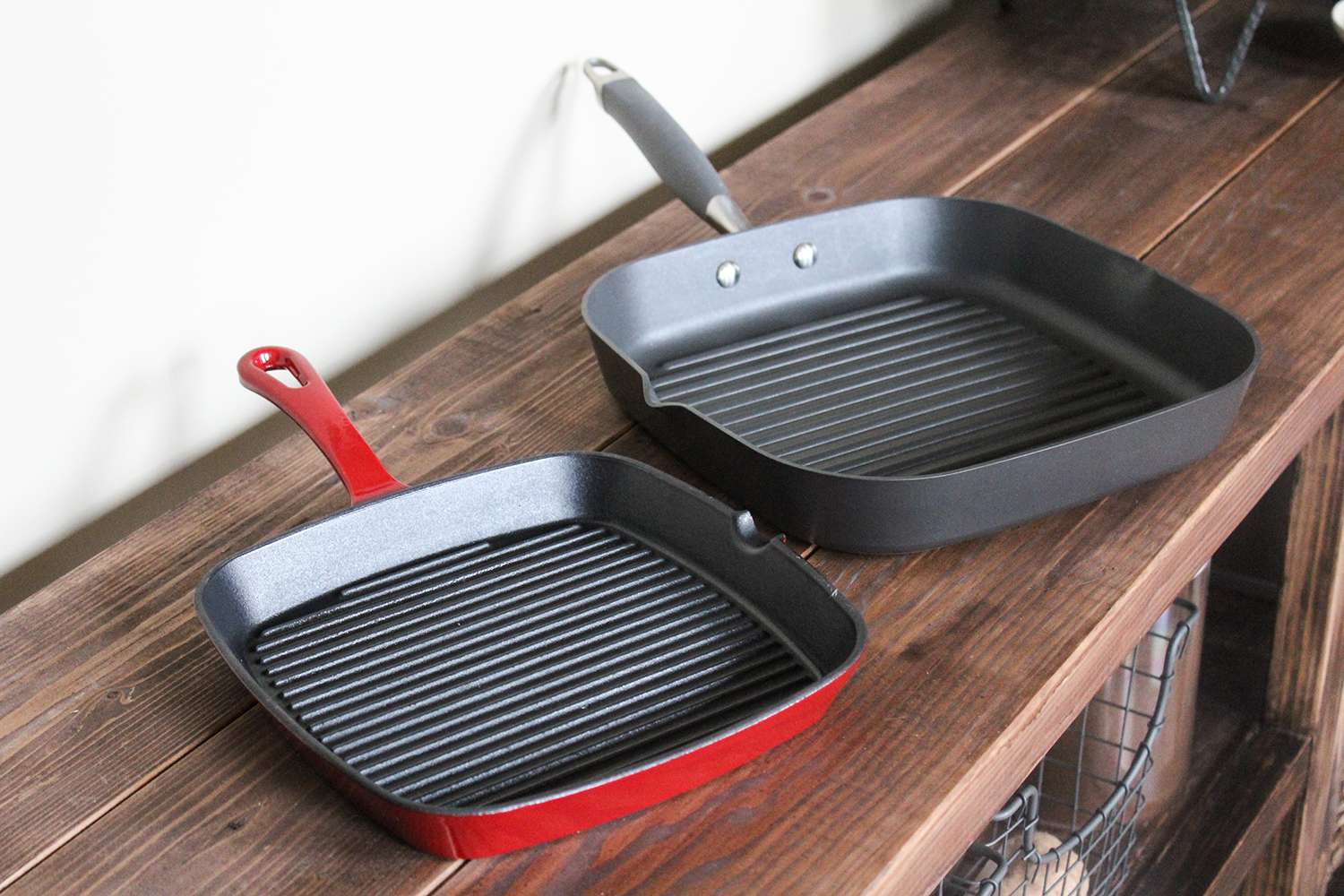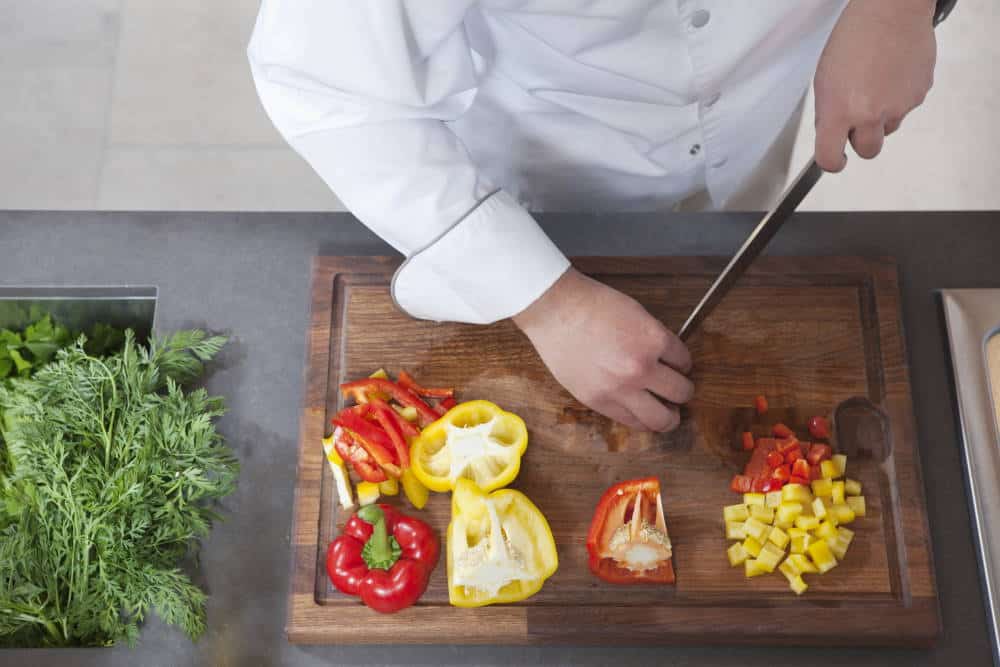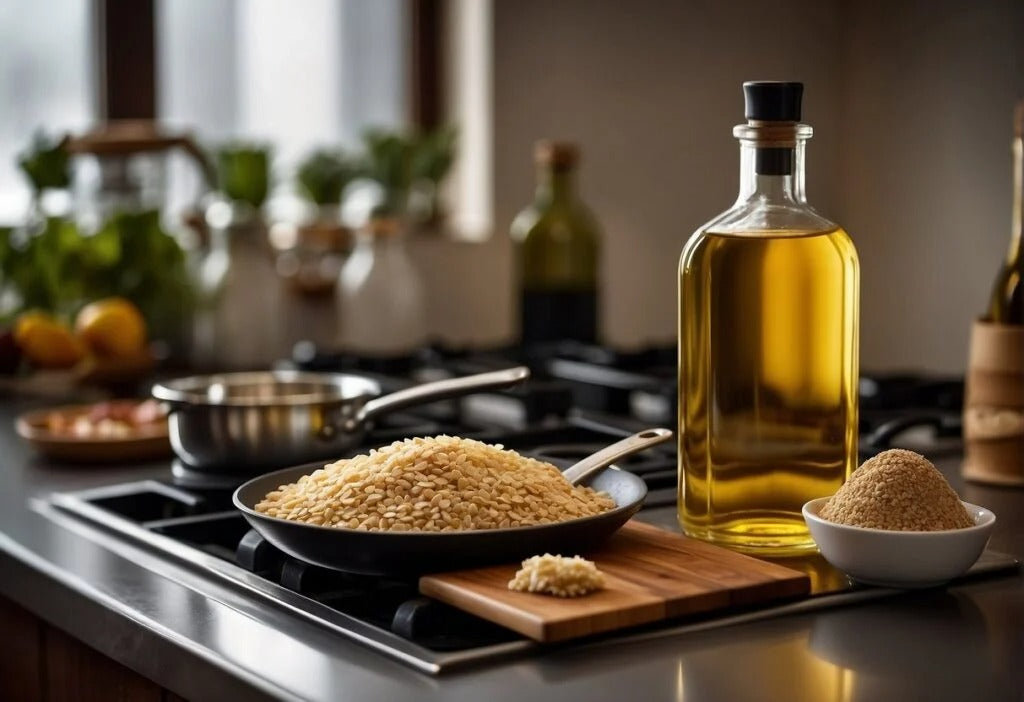Learning how to season cast iron skillet after washing is essential for kitchen professionals who want to keep their cookware in premium condition. Cast iron skillets are not just utensils but investments in quality cooking. In this guide, we will discuss the systematic methods, tips, and technology behind properly seasoning your cast iron skillet so that it serves you well for years to come.
Your cast iron skillet is one of the most versatile tools in your kitchen. Once you learn how to maintain, clean, and season it properly, you will notice a fundamental difference in the quality of your dishes. Not only does seasoning improve the cooking surface, but it also adds layers of flavor while preventing rust. In this article, you're in for some unmissable and shocking insights that will revolutionize your cooking techniques!
:max_bytes(150000):strip_icc()/ses-product-group-shot-rkilgore-87f90f93b4b34ec5afb38d5d75c6094b.jpeg)
Why Is Seasoning Important?
The primary purpose of seasoning a cast iron skillet is to create a non-stick surface that is safe for cooking. When fats and oils are applied and heated onto the skillet, they polymerize, forming a protective layer. This process is crucial when you consider that the natural surface of cast iron can easily react with acidic foods, and seasoning helps counteract this.
Furthermore, a well-seasoned skillet can withstand high temperatures, making it suitable for various cooking methods, from frying to baking. The life-changing benefits of proper seasoning cannot be overstated, and getting it right will enhance your culinary adventures.
Essential Steps for Seasoning Your Cast Iron Skillet
Follow these step-by-step directions for seasoning your cast iron skillet after washing:
1. Wash the Skillet Properly
After cooking, your first step is to wash your skillet using warm water and a mild dish soap. This is one of the few times when you can use soap; however, do so sparingly to avoid stripping away the seasoning layer. Use a non-abrasive scrubber to ensure you do not damage the iron.
For more info on washing techniques, check out this guide on cleaning your cast iron skillet.
2. Dry Thoroughly
Once washed, thoroughly dry your skillet with a towel or by placing it on low heat on the stove for about 10 minutes. This step is crucial, as any moisture can lead to rusting.
3. Apply Oil Evenly
Select a cooking oil with a high smoke point such as flaxseed, canola, or grapeseed oil. Using a paper towel, apply a thin layer of oil on both the interior and exterior of the skillet. Make sure to get into every nook and cranny while ensuring there's no excess oil left, as this may cause a sticky surface.
4. Heat the Skillet
Preheat your oven to around 450F (232C). Place your skillet upside-down on the oven's top rack. Use a baking sheet to catch any oil drips. This ensures that the oil polymerizes correctly, forming that desirable non-stick surface. Let it bake for about one hour.
5. Cool and Repeat
Once the hour is up, turn off the oven and let the skillet cool inside. You can repeat this process 2-3 times for optimal seasoning if your skillet is newly purchased or if you're trying to restore an older one. The more layers you create, the better the surface becomes!
Tips for Maintaining Your Skillet
Once you've mastered how to season cast iron skillet after washing, maintaining it is the next step. Here are some tips for longevity:
- Regular Cleaning: Always clean your skillet after use to avoid any food sticking. Just remember, never soak it in water.
- Avoid Cooking Acidic Foods: Foods with high acidity can strip away the seasoning. Stick to oils and seasoning mixtures for flavor.
- Re-seasoning: If you notice a dull appearance or food sticking, its best to re-season.
- Store Properly: Store your skillet in a dry place. You can place a paper towel in between the skillet and lid if you cover it to absorb any moisture.
- Use Regularly: The more you use your cast iron skillet, the better the seasoning becomes.
Common Mistakes to Avoid
Even seasoned chefs can make mistakes. Here are some to watch out for:
- Using the Wrong Soap: Stick to mild soap during washing and limit how often you use it.
- Neglecting to Dry: Always dry immediately after washing to prevent rust.
- Overcrowding the Oven: Ensure enough air circulation when baking the oil to enhance polymerization.
- Using Non-Safe Oils: Avoid oils with low smoke points as these can create a sticky residue.
Benefits of a Well-Seasoned Skillet
The benefits of keeping your cast iron skillet properly seasoned are profound. Not only will it transform your cooking experience into something remarkable, but it will also save you money in replacing lesser pans.
Your skillet will develop a natural non-stick surface that improves with every use. You'll notice a significant reduction in food waste as you won't have to worry about your food sticking!
Conclusion
By now, you should have a solid understanding of how to season cast iron skillet after washing and its critical importance in a professional kitchen setting. Properly maintaining this essential cookware will lead to better cooking experiences and consequently, better outcomes on your guests' plates.
Want to learn more about cooking with cast iron? Check out our article on cooking cornbread in a skillet for a delicious application of your well-seasoned cast iron.
:max_bytes(150000):strip_icc()/how-to-make-your-favorite-cast-iron-skillet-last-forever-1022-2000-5edb8809448b46e2ac64ad7305aafb3a.jpg)
FAQ
1. How often should I season my cast iron skillet?
Generally, a good rule of thumb is to season your skillet after every 5-10 uses. However, if you notice food sticking, it may be time for a re-season.
2. Can I use my skillet for acidic foods after seasoning?
It's best to limit the cooking of highly acidic foods to preserve the seasoning. Ideally, stick to low-acid cooking.
3. Is it possible to over-season my skillet?
Yes, if excess oil is used during seasoning, it can create a sticky surface. Always wipe off any excess oil before heating.
As an Amazon Associate, I earn from qualifying purchases.






Leave a comment
This site is protected by hCaptcha and the hCaptcha Privacy Policy and Terms of Service apply.